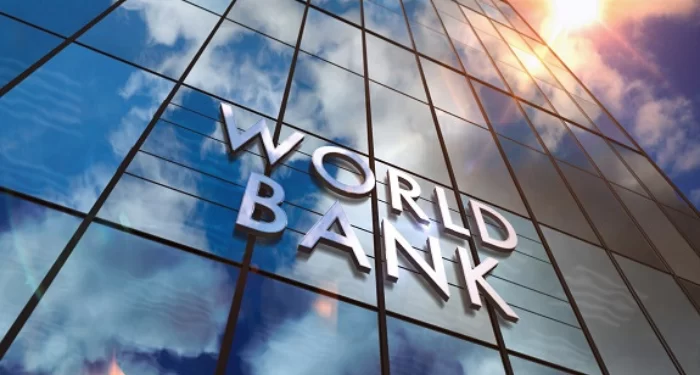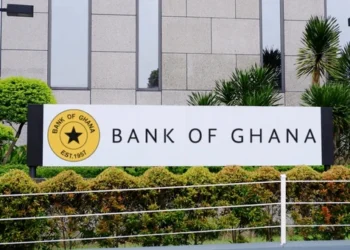Fiscal policy is the main tool government can use to cushion the impacts of the shocks from the Ukraine war and COVID-19 pandemic on households and businesses, as monetary policy should focus on price stability.
This is according to a report by the World Bank titled: “Averting fiscal crises in a deteriorating global economic environment.”
Higher food, fertilizer, and energy prices, rising inflation and interest rates, which are the impact of the war in Ukraine and the aftermath of the COVID-19 pandemic severely challenge emerging markets and developing economies (EMDEs). The simultaneous occurrence of these shocks presents EMDEs with a tough external environment, making fiscal policy the key instrument for the government to mitigate the impacts of this deteriorating global economic landscape, according to the World Bank.
This raises the need for low-income countries to strengthen their fiscal space which has been depleted following the COVID-19 pandemic. This step according to the World Bank can include “reallocating expenditures from lower priority programs toward programs aimed at mitigating the economic and social impacts of the war; improving the efficiency of spending; and raising revenue, including by broadening the tax base, making the tax system more progressive, and reducing tax avoidance and evasion.”
For advanced economies where fiscal space exists, expansionary fiscal policies could mount inflationary pressures. The bank stated that “If pent-up demand is the primary driver of inflation, expansionary fiscal policies could exacerbate inflationary pressures by widening the gap between aggregate supply and demand, and so should be avoided.”
However, if inflation is primarily driven by increases in commodity prices, there may be scope to implement measures that address this to mitigate the impacts on the most vulnerable, especially if an economy’s total output of goods and services is significantly below potential.
What the World Bank is Saying
The bank’s Fiscal Policy and Sustainable Growth unit have identified strategies that countries can implement in designing appropriate mitigation responses to these multiple adverse shocks. Some of these strategies include:
”Avoid a multiplicity of measures and prioritize – where adequate social protection systems exist, it will typically be most efficient to channel support to households by temporarily scaling up existing benefits. Where such systems do not exist, focusing on a priority can help avoid administrative complexity and difficulties in targeting. For many EMDEs, this may be food security.”
“Review subsidy programs – sharp price increases can swell the cost of existing subsidy programs for food, fertilizer and energy, which are often not or only poorly targeted. To ensure efficient support for the most vulnerable, governments should consider reforms that enhance targeting. This involves strengthening data on vulnerable households, individuals, and businesses. While excluding beneficiaries from programs is politically difficult in an environment of rising prices, governments may at least consider differentiated levels of support based on needs.”
“Avoid broad tax measures – tax measures are ill-suited to mitigate hardship. Broad-based tax measures such as reductions in tax rates or tax exemptions are typically difficult to target. While increases in taxes are quickly reflected in higher consumer prices, a reduction in taxes does not lower prices (unless administrative capacity is very high). Moreover, once a tax rate is reduced, political economy constraints make it difficult to reverse, even if the rate reduction is announced as temporary.”
The bank also stated that developing economies and low-income fragile countries will need support from the international community to reduce these adverse impacts on their local economies.











